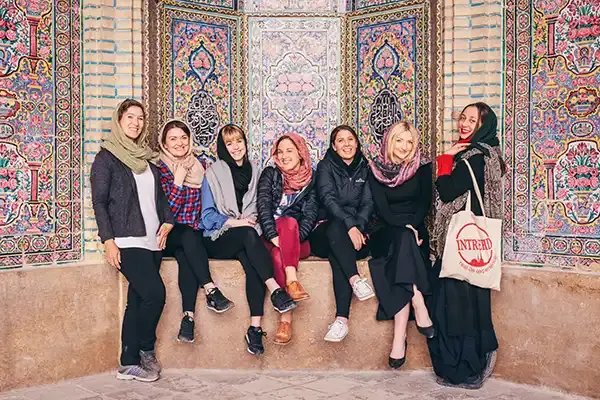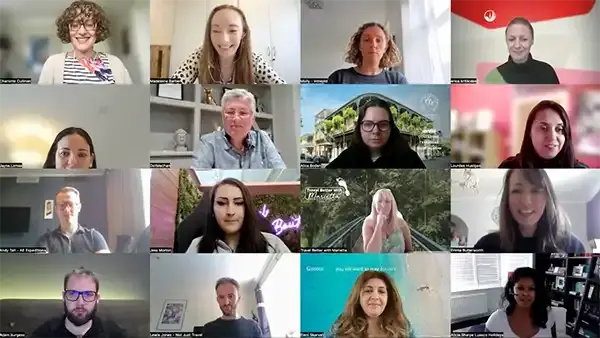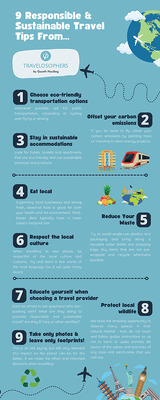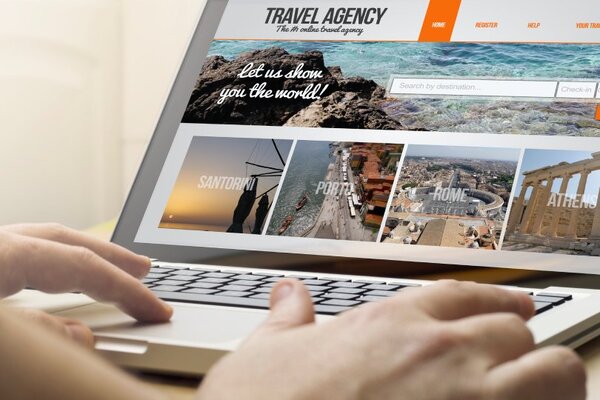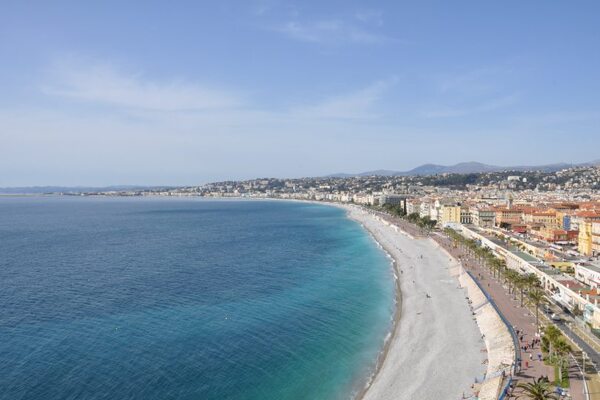Small changes, big action: how to help your customers travel more responsibly
 Charlotte Cullinan
Charlotte CullinanHelp your customers travel more responsibly on their next trip by sharing easy top tips from the third of this year’s TTG Sustainable Travel Heroes expert workshops
If small changes make a big difference, nowhere is this truer than in travel. From the suppliers you book your clients with, to how they spend their money while abroad, a few considered decisions can help your clients travel more responsibly while dialling up the enjoyment of their trip.
This was the theme of the third TTG Sustainable Travel Heroes workshop of 2024, where this year’s TTG Sustainable Travel Ambassadors in Training discovered how clients can travel more responsibly across the three key phases of a trip. During the workshop, Intrepid Travel’s general manager of global product Erica Kritikides shared some top advice.
MAKING A BOOKING
“From a customer perspective, where you spend your money counts, as it really does make a difference,” Kritikides explained. She encouraged agents to aim to book with purpose-led travel companies, and to look at an operator’s climate initiatives, animal welfare policies and responsible business practices, as well as any independent certification, to make sure an operator is “walking the walk, as well as talking the talk”.
Look for experiences that also make an impact. Champion those that support entire communities – rather than just one person – and those that help preserve minority cultures. “Customers are excited, as they’re seeing something different, so you can use this to your advantage – you can offer something that will make you stand out, while selling an experience that’s really giving back,” Kritikides added.
She acknowledged flights are often inevitable when creating an itinerary, but suggested agents encourage customers to take longer holidays, rather than multiple shorter ones, fly direct where possible, and look for lower carbon transport alternatives in destination.
Agents can also help combat overtourism by suggesting destinations off the beaten track. Kritikides said: “I’d love to challenge you to think about some other destinations you can put in your selling arsenal. It can be so valuable and rewarding [for clients] to feel they’re the only tourist in the place and are really exploring.”
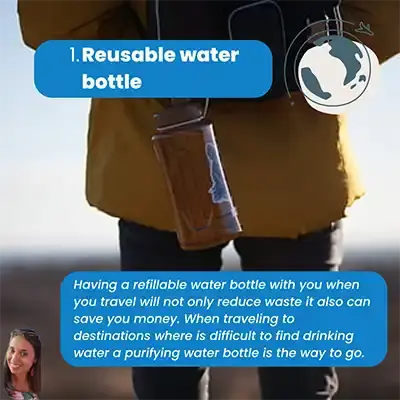
PREPARING TO TRAVEL
Kritikides explained that travelling responsibly is something “we know customers increasingly want to do, and we equally know that a lot of them don’t know how”. This is where agents can step in, and ensure clients are prepared before they leave home. Encourage them to be culturally sensitive, so they know about the local dress code, whether alcohol is consumed, and how to say hello, thank you and goodbye in the local language.
Remind them to always ask before taking a photo or video of someone, and a quick online search can reveal whether tipping is appropriate, and how much to give. “This will make people feel ready and more comfortable,” Kritikides added.
Having the right kit is also essential, but remind clients they don’t need to buy everything new – do they know someone who can lend them the hiking, skiing or specialist gear they’ll need? Encourage them to also pack a reusable water bottle and bag, so they can avoid plastic alternatives.
ON THE GROUND
Once they’re arrived, encourage clients to spend their money locally. Can you recommend a market or restaurant they can visit, a locally run hotel they can stay in, or a guide from the area?
Kritikides also stressed the importance of avoiding experiences that involve local children, which are likely to interrupt their education and daily life, including school or orphanage visits. Encourage well-meaning clients to instead donate to organisations that support children and families. “We’ve got to be really conscious that travel can contribute to the exploitation of kids,” she added.
Animal welfare is another key consideration for agents. The Ambassadors agreed having their own animal welfare policy to refer to could help smooth potentially difficult conversations with clients wanting to book an animal experience the Ambassadors were uncomfortable selling.
Kritikides added: “Some discussions around sustainable and responsible travel can be really awkward, so it can be incredibly useful to have preprepared scripts, from trying to persuade someone against going to somewhere where animals are in captivity, to encouraging them to borrow gear from their friends for hiking. It makes it so much easier to overcome these issues. You’re in a sales environment and positivity is essential – you don’t want to feel like you’re closing something down. It’s really about how can you open up a different opportunity or experience for them.”
Spreading the word
The TTG Sustainable Travel Ambassadors in Training all created their own responsible travel tips, finding inventive ways to share their advice with their customers.
Keep it simple: Breaking down tips into a list makes them easy to digest. Travelosophers’ Gareth Harding created nine top tips with eye-catching icons, while others made Facebook and Instagram posts using bullet-pointed suggestions. These can be brief, with a call to action to get in touch to learn more.
Multi-use graphics: Trailfinders’ Erin Neville created a set of slides in design software Canva, which can be shared on social media, sent to clients or presented in store. Each slide has a different message, from finding “destination dupes” for overcrowded locations, to eating like a local.
Personalise it: Emma Butterworth from Adventures by Emma compiled her tips into a blog, which include insights from the TTG Sustainable Travel Heroes’ fam trip to the Dominican Republic with Iberostar. Not Just Travel’s Lourdes Huelgas created a set of Instagram tiles, and each tip includes her portrait.
Active promotion: Many of the Ambassadors in Training created sections on their websites to house their advice, as well as sharing them in newsletters. Laura Winnery from Olive Travel Lounge even presented her tips to a local community group.
Showcase expertise: To show why clients can trust him to advise them on responsible travel, Simon Collinge of Designer Travel explained what the agency is doing itself, from learning about suppliers to cutting its own waste, alongside some helpful dos and don’ts for travellers.
Access resources to create your own responsible travel tips at ttgmedia.com/sth-kit
Sign up for weekday travel news and analysis straight to your inbox

Charlotte Cullinan
Supplier Directory
Find contacts for 260+ travel suppliers. Type name, company or destination.
